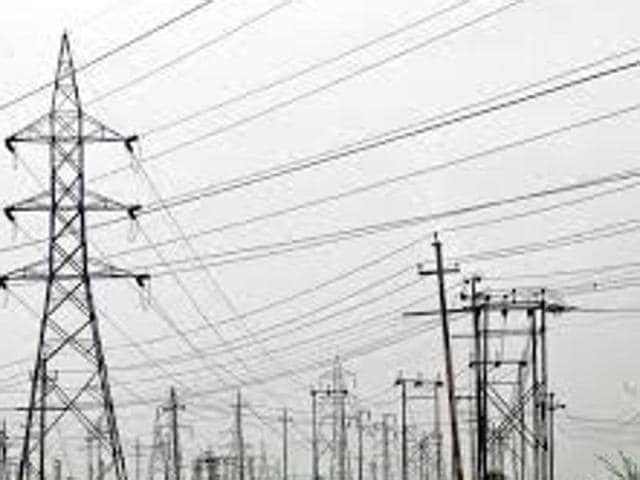Punjab goes back on linking of water, power bills scheme
In what had been touted as a “consumer-friendly” step to streamline the collection of water and sewerage charges in the state, the Punjab government, in a populist move, has rolled back its decision to link the collection of these charges with power bills of urban consumers.
In what had been touted as a “consumer-friendly” step to streamline the collection of water and sewerage charges in the state, the Punjab government, in a populist move, has rolled back its decision to link the collection of these charges with power bills of urban consumers.

The cabinet had approved the scheme on December 22 last year and it was to be implemented across the state from next month. Majority of the 164 municipal corporations, municipal councils and nagar panchayats had already passed resolutions to implement the scheme.
On March 9, local bodies minister Anil Joshi ordered that the decision to link the two be kept “pending”.
Talking to HT on Tuesday, Joshi said there was no need to link water and electricity charges as by March 2017 Punjab would have a metering policy in place as part of which every household would have a water meter and would be charged according to the actual usage.
Under the new scheme, a fixed amount based on slabs of power consumption was to be added to the power bills as water charges. Other than the convenience to the consumer who had to pay only one bill, the system was also aimed at bringing thousands of unmetered water consumers in the net through their power bills.
The added advantages included a uniform water rate for the entire state as also reduced cost and workload on municipalities in issuing and collecting water bills.
Continuing with the old system means the municipal bodies will not get the projected increase in income of Rs 550 crore had the scheme been implemented. Also, the system of collection of water and sewerage charges is back to where it was: a chaotic non-uniform system wherein every municipal council/nagar panchayat charges a different rate based on different criteria. Moreover, the rates imposed by municipal corporations, which had some uniformity but had not been revised since 2008, will continue to remain the same.
The new scheme, though mooted three years ago, was taken to the cabinet only after the ruling SAD’s alliance partner, the BJP, agreed to it. Ironically, Joshi, whose brainchild the scheme was, had to fight his way through the cabinet to get it approved. “The new metering policy will be in place next year and since everyone would have a water meter by then, the charges will be on actual usage. There is no need to have the new linking scheme,” Joshi said.
Sources say the decision, however, is purely political. One, bringing unmetered urban water consumers to pay for water usage is not something that is done with the assembly elections around the corner. Also, under this scheme, there is no exemption to those living in less than 5 marla houses from payment of water bills--an exemption given in 2006 by the Congress government and continuing till date. In Ludhiana alone, for instance, the scheme would have meant payment of water charges by an additional one lakh households which are currently exempted.
Moreover, for hotels, multiplexes, malls, nursing homes, private educational institutes, marriage palaces and clubs, under this scheme a flat rate of 2% of the electricity bill was to be paid as water charges. This had been strongly opposed as in cases where power bills were in lakhs the water charges ended up being exorbitant.





